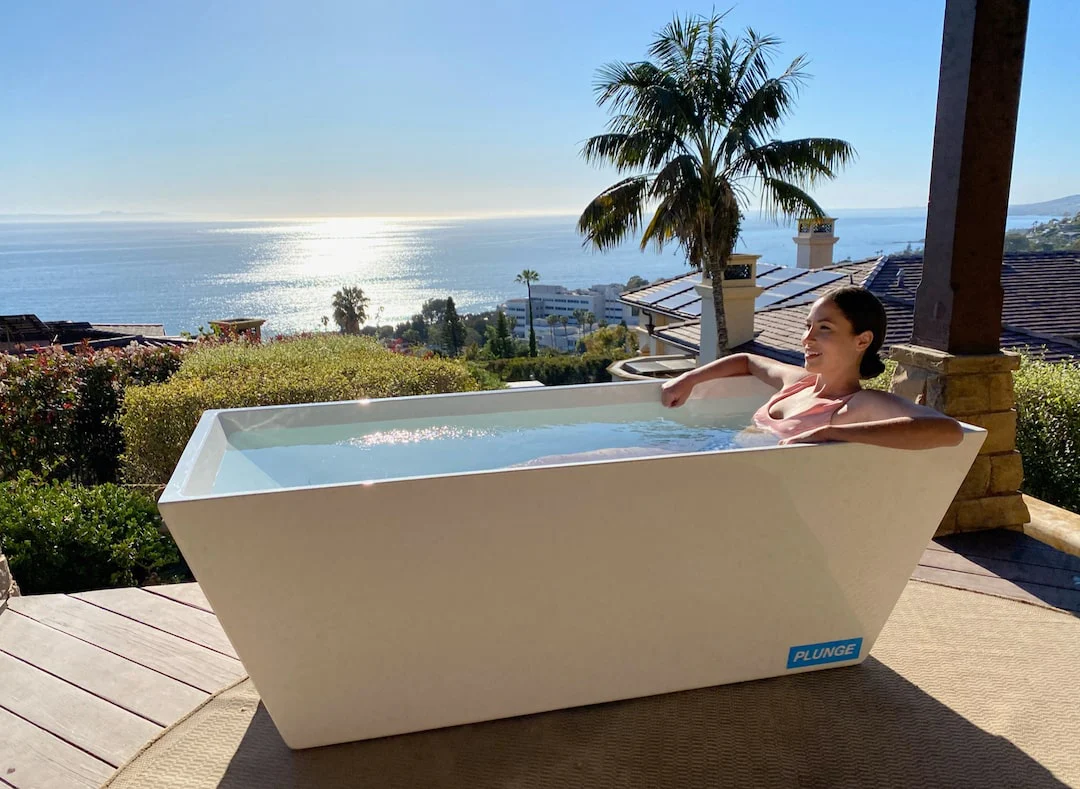Cold plunges have been a popular practice for centuries in cultures all around the world. Recently, the trend has gained traction in the wellness world, with more people seeking out the benefits of cold plunges for their health and well-being. Some of the biggest benefits of doing a cold plunge include:
Reduced Inflammation
Cold plunges have been shown to reduce inflammation throughout the body. This can be beneficial for athletes or people who engage in intense physical activity, as it can help to speed up recovery time and reduce muscle soreness.
Improved Circulation
Cold plunges can improve circulation by constricting blood vessels and forcing blood to circulate more efficiently. This can help to deliver more oxygen and nutrients to the body’s tissues, which can promote healing and overall health.
Boosted Immune Function
Cold plunges have been shown to increase the production of white blood cells, which are responsible for fighting infections and diseases. This can help to boost immune function and make the body more resistant to illness and disease.
Increased Mental Clarity
Cold plunges have been shown to increase alertness and mental clarity. This may be due to the release of adrenaline and other hormones in response to the cold water, which can increase focus and concentration.
Reduced Stress
Cold plunges have been shown to reduce levels of stress hormones in the body, such as cortisol. This can help to promote relaxation and reduce anxiety, which can have a positive impact on overall health and well-being.

What is the best time of day to do a cold plunge?
There is no one “best” time of day to do a cold plunge as it can vary depending on individual preferences and schedules. Some people prefer to do a cold plunge first thing in the morning as a way to wake up and energize their body for the day ahead. Others may choose to do a cold plunge in the afternoon or evening as a way to unwind and relax after a long day.
It’s important to note that the effects of cold water immersion can vary depending on the time of day. Research suggests that cold water immersion in the morning may be more effective at increasing alertness and mental clarity, while cold water immersion in the evening may be more effective at promoting relaxation and reducing stress levels.
Ultimately, the best time of day to do a cold plunge is the time that works best for you and fits into your schedule. If you’re new to cold plunging, it’s a good idea to start with shorter durations and warmer temperatures to give your body time to adjust. As you become more comfortable with the practice, you can gradually increase the duration and temperature of your cold plunges.
It’s also important to listen to your body and adjust your cold plunging routine as needed. If you’re feeling fatigued or unwell, it may be best to skip your cold plunge for the day or reduce the duration and temperature. If you have any medical conditions or concerns, it’s important to consult with a healthcare professional before starting a cold plunging routine.



